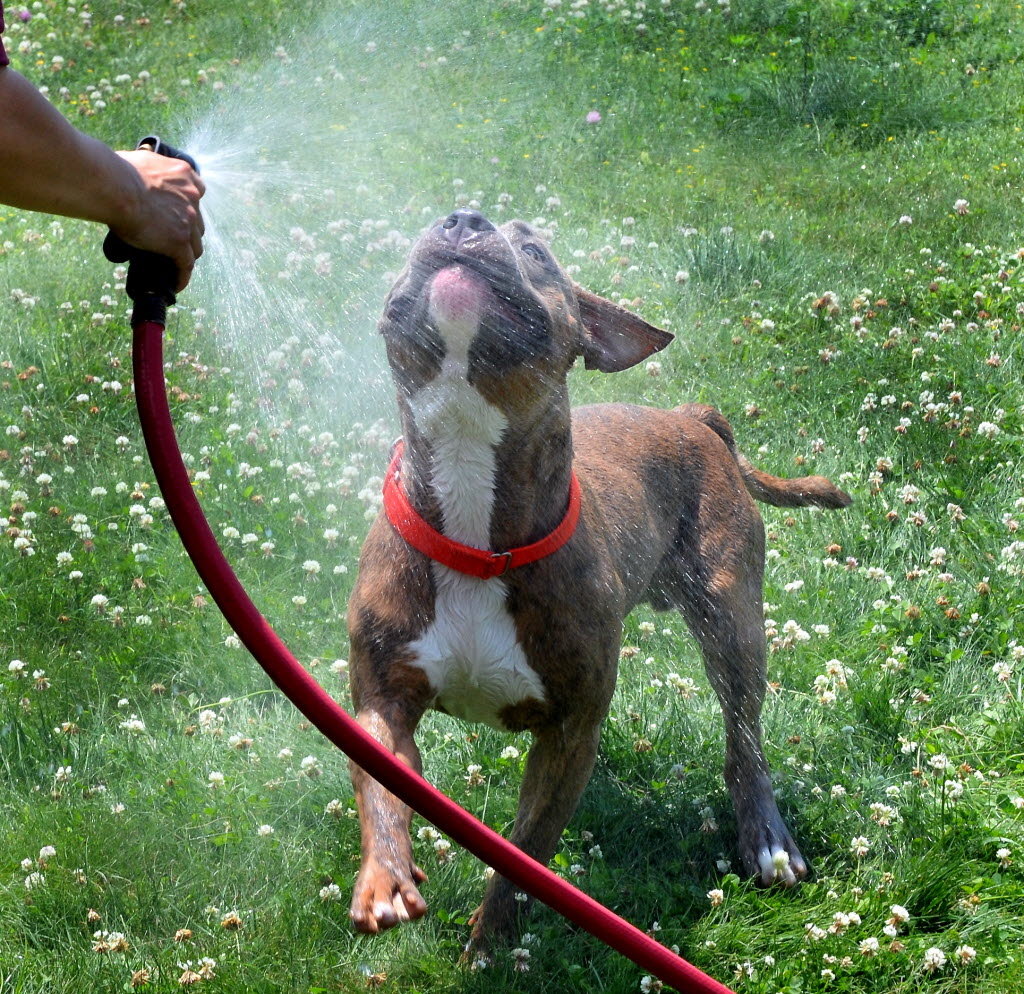Common Myths About Spraying & Neutering Your Dog
There are many misconceptions floating around in the dog world, and some of these can get a dog owner into trouble if he or she fails to confirm things with the veterinarian or another experienced adviser. One common area where dog owners tend to make mistakes in the field of spaying and neutering their dogs.
For example, many people seem to believe that you should wait for one season before spaying your puppy. However, this simply is not necessary. As a matter of fact, there are a number of health benefits to getting your dog neutered as early as possible.
Dog Tumors
For one thing, you essentially eliminate the chances of mammary tumors (think breast cancer in humans) for female dogs, and the same goes for cancer and serious infections of the uterus and ovaries (since these organs are removed as well).
As a matter of fact, some veterinarians now recommend that you have your puppy spayed as early as eight weeks, and you may be surprised to learn that many dog shelters are following this advice and having their dogs spayed or neutered quite early in life.
Of course, an important benefit of having your dog fixed is that you will help reduce the number of unwanted dogs who end up being euthanized in dog shelters nationwide each and every year. This is truly a sad state of affairs, but it can be greatly improved if dog owners take action to prevent unwanted mating.
Neutering Dogs
Another popular myth is that having your dog neutered will, for some reason, lead to weight gain or even obesity. There may seem to be a direct connection since many pets do end up gaining weight after the surgery, but this has to do more with inactivity and the amount of food that the pet is eating.
Just like with human beings, a dog’s weight has to do with how much food he is eating (and the quality of food, of course) and the amount of exercise he receives each and every week. Those are critical factors that help a dog keep a healthy weight, so you don’t have to worry about surgery that leads to obesity.
Of course, a dog may temporarily become less active after surgery, and you may feel sorry for your canine friend and be tempted to give him lots of fattening and sugary foods. This indirectly leads to weight gain, but it doesn’t have to be so, especially if you remain consistent with his diet and exercise over the long-term.
If you don’t believe us, just look at those amazing dogs who win competitions for dog agility and obedience training. These dogs are active and healthy despite being neutered, and they don’t have to worry about obesity. Just remember that canine obesity can be traced back to a dog’s owner who, after all, is responsible for regulating both the quantity and quality of food.


